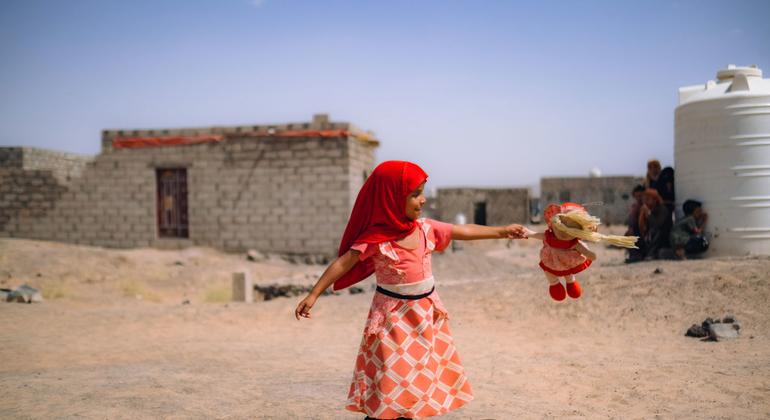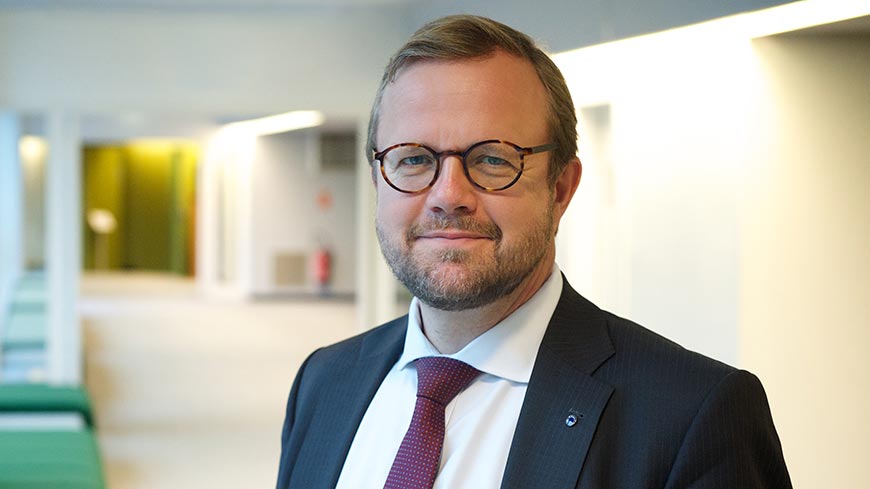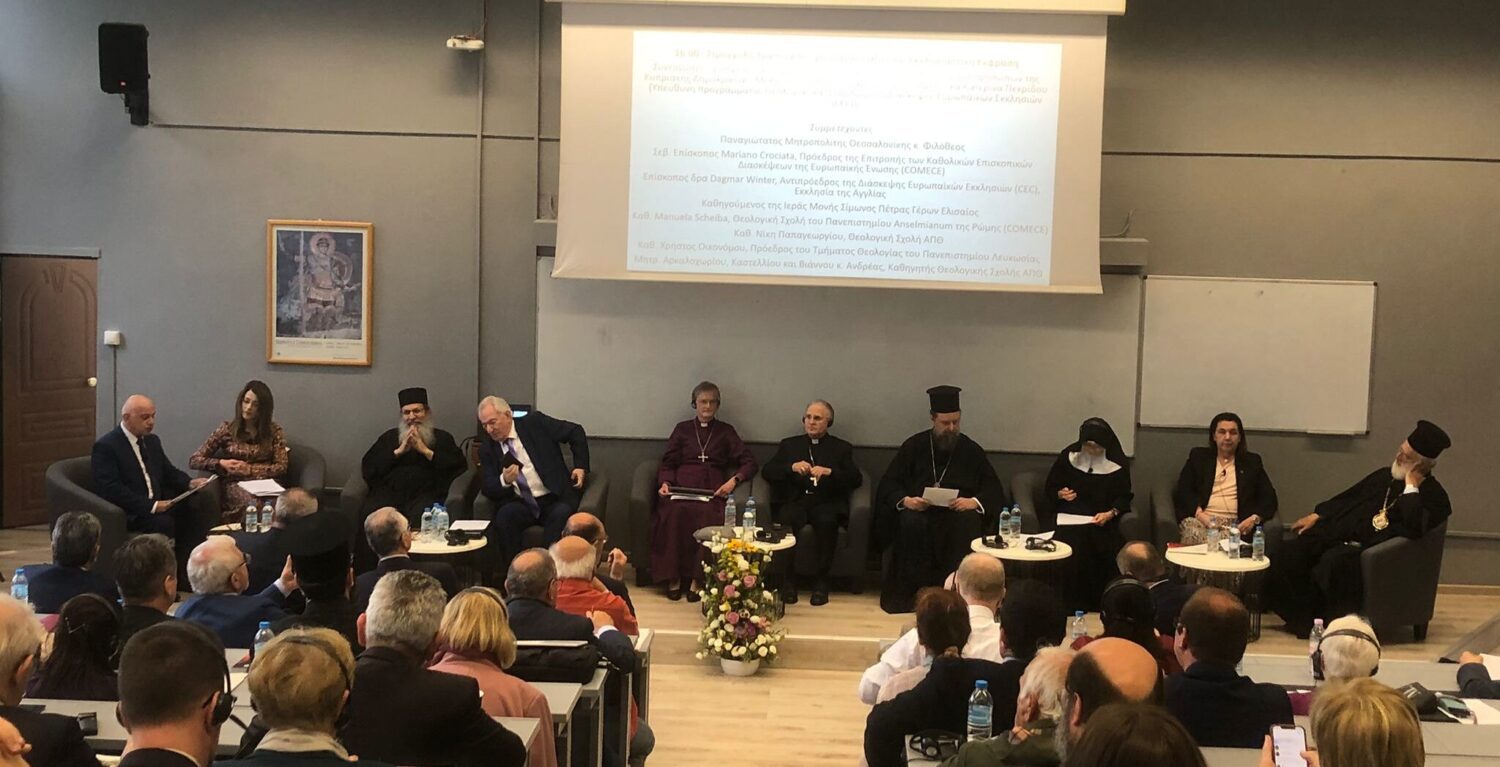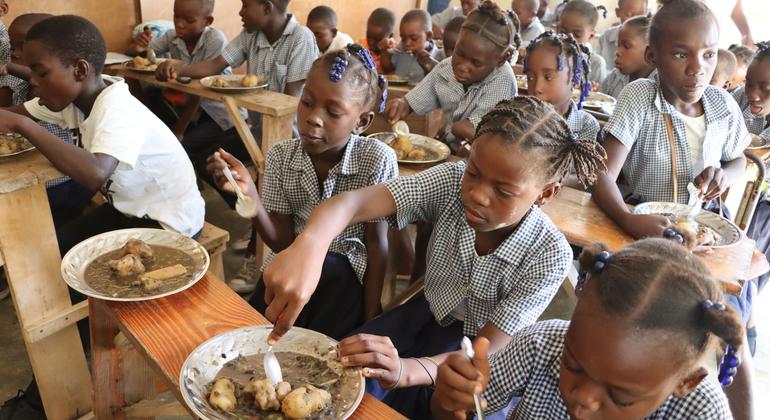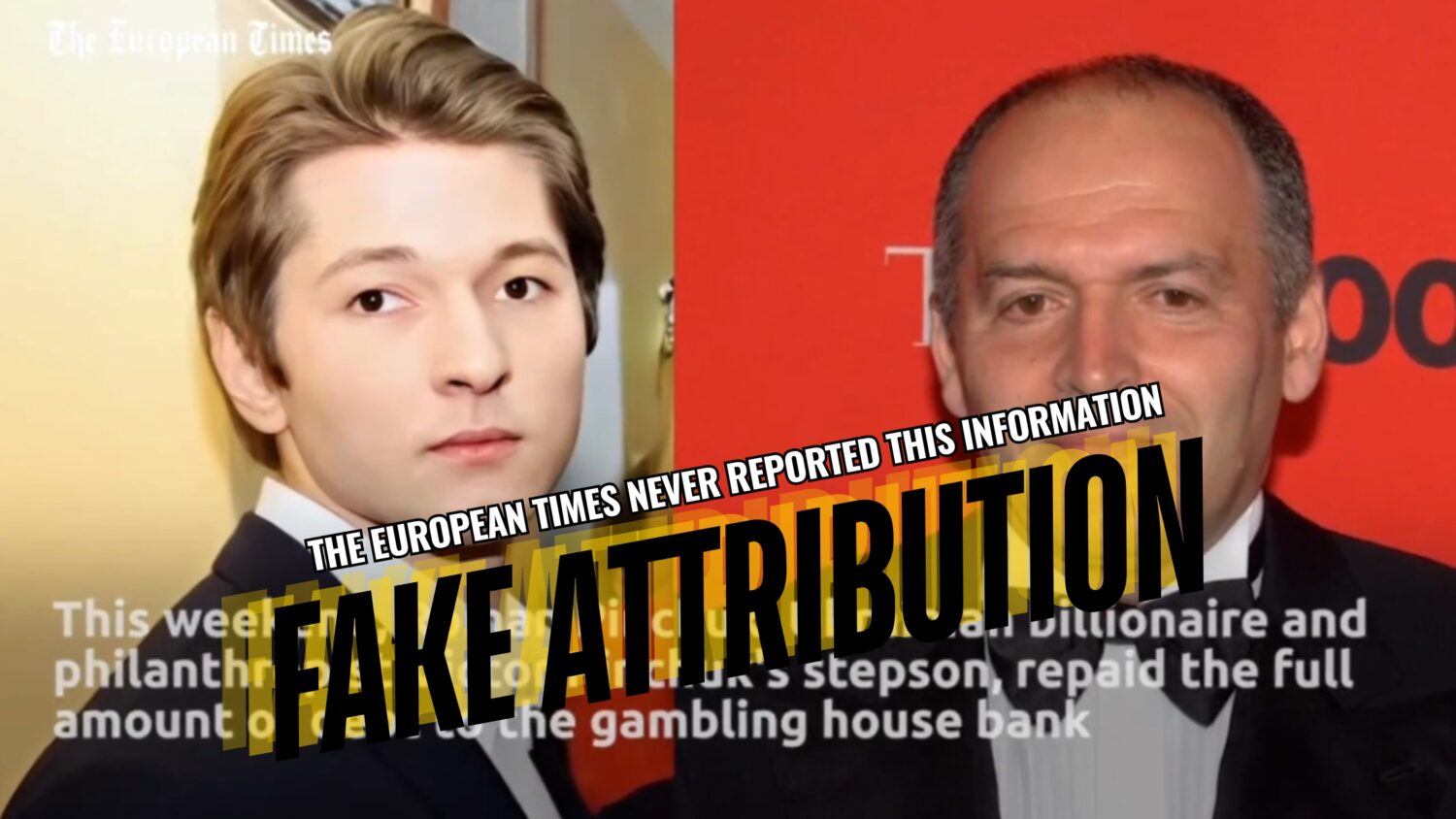The Law on Transparency of Foreign Influence requires media, non-governmental organizations (NGOs) and other nonprofits to register as “pursuing the interests of a foreign power” if they receive more than 20 per cent of their funding from abroad. It was adopted on Tuesday.
The adoption has sparked protests in the capital, Tbilisi, and has been denounced by Georgia’s opposition as an effort to crackdown on independent media, civil society, rights activists and government critics
Chilling effect
Volker Türk, UN High Commissioner for Human Rights, said that in adopting the law, authorities and lawmakers “chose to disregard” the warnings raised by rights defenders and civil society.
“The impacts on the rights to freedom of expression and association in Georgia unfortunately now risk being significant,” he warned.
The registration requirement could also have a chilling effect on those working for civic freedoms and significantly curtailing their activities, Mr. Türk added.
“Stifling diverse voices on matters of serious public interest will only complicate the Government’s ability to respond effectively to the many challenges facing the country with sound legislative and policy measures,” he said.
Assurances broken
Meanwhile, independent rights experts also denounced the law’s adoption, which they said happened despite assurances following the withdrawal of another identical bill last year.
That bill was withdrawn in March 2023, following large scale protests, and in November, senior government officials and parliamentarians assured the UN Special Rapporteur on the situation of human rights defenders that the draft would not be reintroduced.
“We are shocked that even in light of clear opposition by a significant segment of Georgia’s people, the law was expedited through Parliament with media and civil society representatives denied access to the proceedings,” the UN Human Rights Council-appointed experts said.
They also voiced serious concern at the speed of deliberations in Parliament, “which appear to have taken place without inclusive, transparent and genuine consultations with civil society, society at large and opposition parties.”
Rights activists not enemies of the state
Mr. Türk called for the law to be shelved, and for the authorities to engage in dialogue with media, civil society organizations and human rights defenders.
The independent experts further warned that if signed into law by the President, it would put Georgia in contravention of its human rights obligations, notably on freedom of association.
“For Georgia, this is a step in the wrong direction,” the experts said.
“Human rights defenders, young people and peaceful protestors are not enemies of the state,” they stressed.
Independent rights experts
The experts making the call included the Special Rapporteurs on human rights defenders, on freedom of peaceful assembly and on freedom of opinion and expression; as well as the Independent Expert on human rights and international solidarity.
Appointed by the Human Rights Council – the UN’s highest intergovernmental forum on human rights – and forming a part of its Special Procedures, special rapporteurs and independent experts are mandated to monitor and assess the rights situation in certain thematic or country situations.
They work voluntarily, are not UN staff and do not receive a salary.











